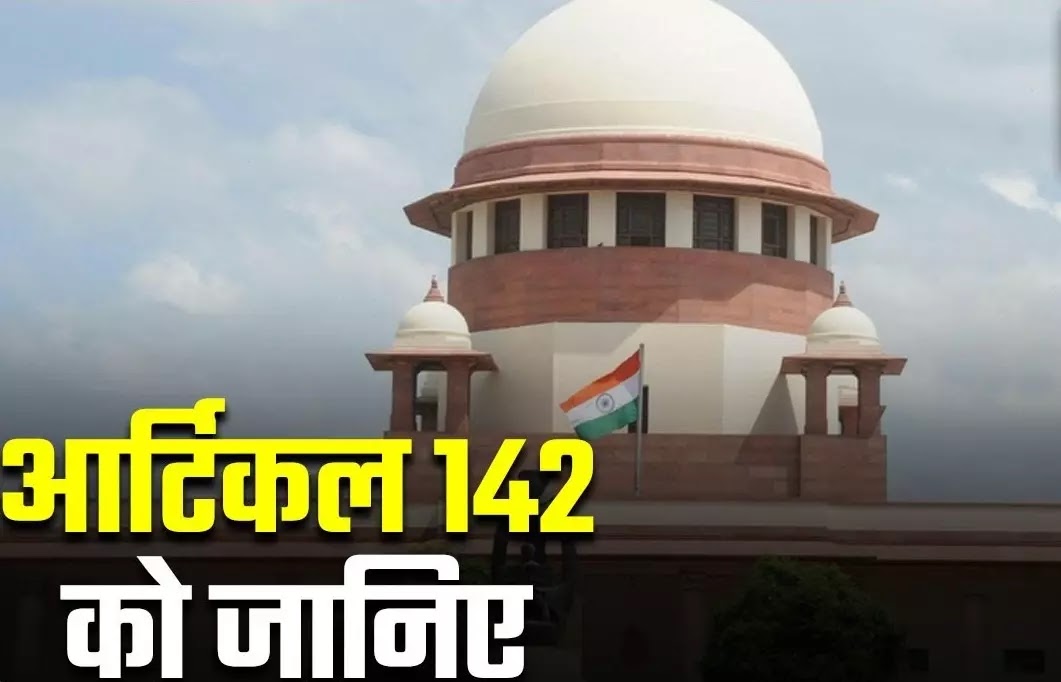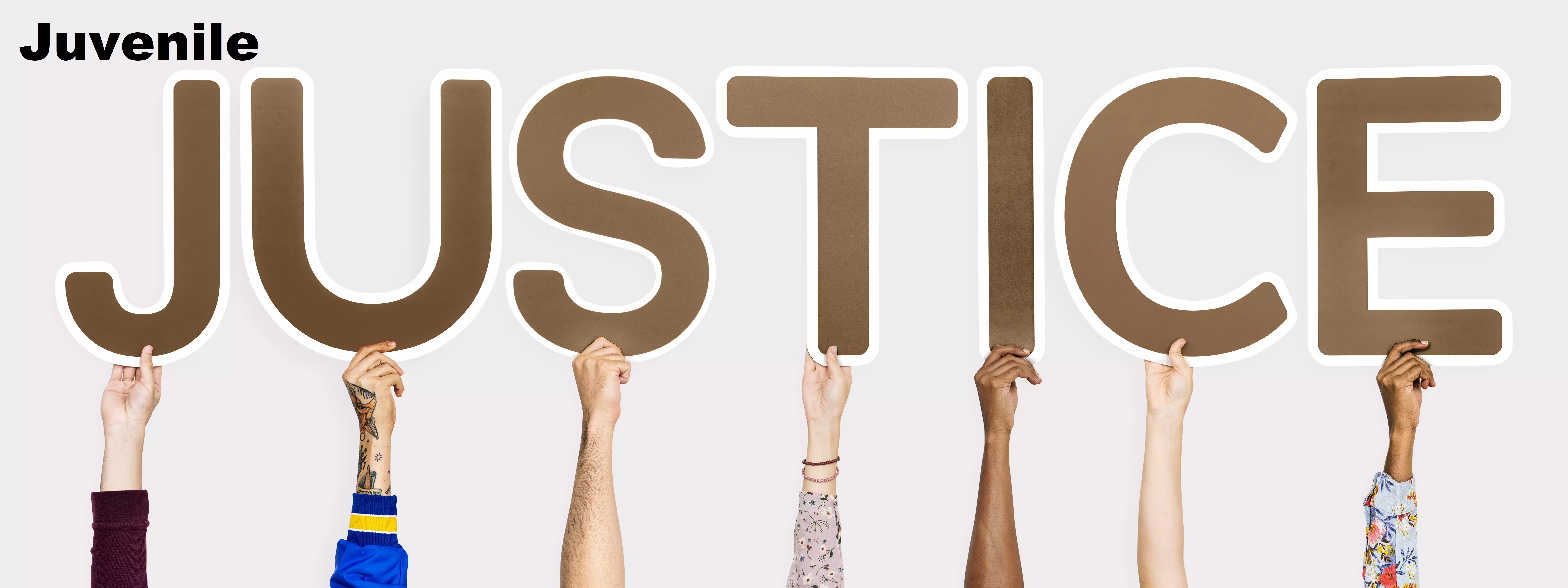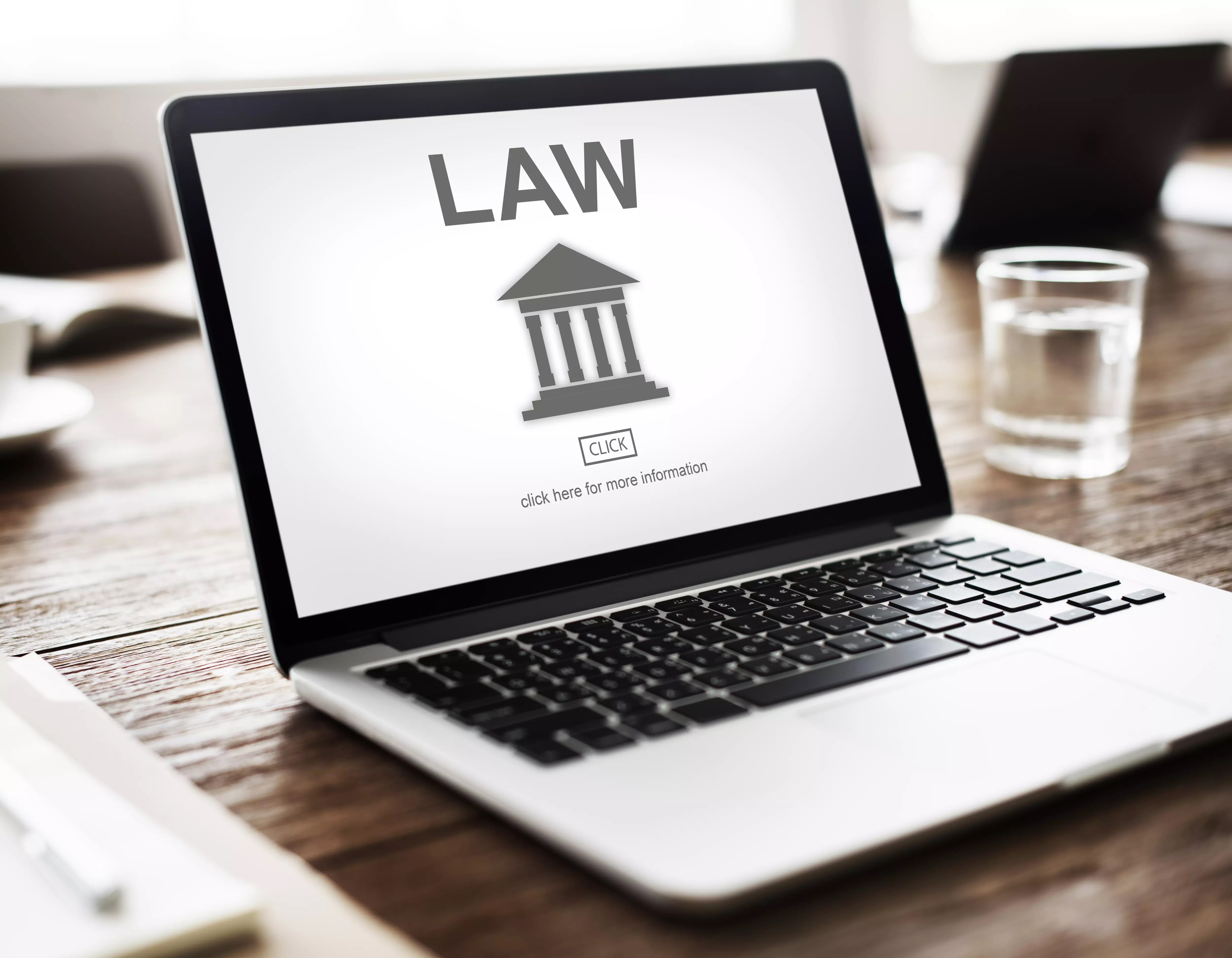Article 142: Power of Supreme Court to review its own judgment
Article 142: Power of Supreme Court to review its own judgment
The Constitution of India is the supreme law of the land and it
establishes the framework for the governance of the country. It also confers
various powers and functions to different organs of the state, such as the
legislature, the executive and the judiciary. Among them, the judiciary plays a
vital role in upholding the rule of law, protecting the fundamental rights of
the citizens and ensuring justice for all.
The Supreme Court of India is the apex judicial body in the
country and it has the authority to interpret and apply the Constitution and
other laws. It also has the power to review its own judgments and to pass any
order necessary to do complete justice in any matter pending before it. This
power is derived from Article 142 of the Constitution, which reads as follows:
"Article 142: Enforcement of decrees and orders of Supreme
Court and unless as to discovery, etc
(1) The Supreme Court in the exercise of its jurisdiction may
pass such decree or make such order as is necessary for doing complete justice
in any cause or matter pending before it, and any decree so passed or order so
made shall be enforceable throughout the territory of India in such manner as
may be prescribed by or under any law made by Parliament and, until provision
in that behalf is so made, in such manner as the President may by order
prescribe.
(2) Subject to the provisions of any law made on this behalf by Parliament, the Supreme Court shall, as respects the whole of the territory of India, have all and every power to make any order to secure the attendance of any person, the discovery or production of any documents, or the investigation or punishment of any contempt of itself."
Article 142 provides a unique power to the Supreme Court, to do
“complete justice” between the parties, where, at times, the law or statute may
not provide a remedy. In those situations, the Court can extend itself to
put an end to a dispute in a manner that would fit the facts of the case.
However, this power is not unlimited or arbitrary. It is subject to certain
limitations and principles that guide its exercise.
One of the limitations is that Article 142 cannot be used to
override or disregard the express provisions of any law or statute. The Court
cannot create new rights or liabilities that are not sanctioned by law. The
Court cannot also act against the principles of natural justice or violate the
fundamental rights of any person. The Court must also ensure that its
orders are consistent with its own precedents and do not create confusion or
uncertainty in the legal system.
Another limitation is that Article 142 cannot be used to
substitute judicial review for legislative or executive action. The Court
cannot assume the role of a policymaker or a lawmaker under the guise of
doing complete justice. The Court cannot also issue directions that are vague,
general or sweeping in nature. The Court must confine its orders to each case's specific facts and circumstances and give reasons for its decisions.
A third limitation is that Article 142 cannot be used to
exercise judicial activism without judicial restraint. Judicial activism means
that the Court uses its power to intervene in matters that are not adequately
addressed by other organs of the state or to protect the public interest or social
justice. Judicial restraint means that the Court exercises self-control and
does not encroach upon the domains of other organs or interfere with their
functions. The Court must balance these aspects while using Article 142 and act with caution and wisdom.
Article 142 is a provision that reflects the trust and confidence that the Constitution reposes in the Supreme Court as the guardian of justice in India. It enables the Court to deal with exceptional situations where justice may otherwise be denied or delayed. It also empowers the Court to innovate and adapt to changing times and circumstances. However, it also imposes a great responsibility on the Court to use this power judiciously and sparingly, and only in furtherance of justice and not otherwise.
FAQs on Article 142 - the power of the Supreme Court to review its own judgment
Q: What is Article 142 of the Constitution of
India?
A:
Article 142 is a provision that empowers the Supreme Court to pass any order
necessary for doing complete justice in any cause or matter pending before it.
It is a discretionary power that allows the Court to go beyond the strict
interpretation of the law and use its wisdom and creativity to resolve
disputes.
Q: What
are the sources and origins of Article 142?
Q: What are the limitations and principles of Article 142?
A:
Article 142 is not an unlimited or arbitrary power. It is subject to certain
limitations and principles that guide its exercise. Some of them are:
Article
142 cannot override or disregard the express provisions of any law or statute.
Article
142 cannot violate any person's fundamental rights or natural justice. any
person's fundamental rights or natural justice
Article
142 cannot substitute judicial review for legislative or executive action.
Article
142 cannot issue vague, general or sweeping directions.
Article
142 must be consistent with its own precedents and must give reasons for its
decisions.
Q: What are the benefits and challenges of Article
142?
A:
Article 142 is a beneficial provision that enables the Supreme Court to deal
with exceptional situations where justice may otherwise be denied or delayed.
It also empowers the Court to innovate and adapt to changing times and
circumstances. However, it also poses some challenges such as:
Article
142 may create uncertainty or confusion in the legal system if used without
rational justification or principle.
Article
142 may encroach upon the domains or functions of other organs of the state if
used without judicial restraint.
Article
142 may invite criticism or controversy if used without judicial accountability
or transparency.












Comments
Post a Comment
Thanks, For Your Valuable Comment